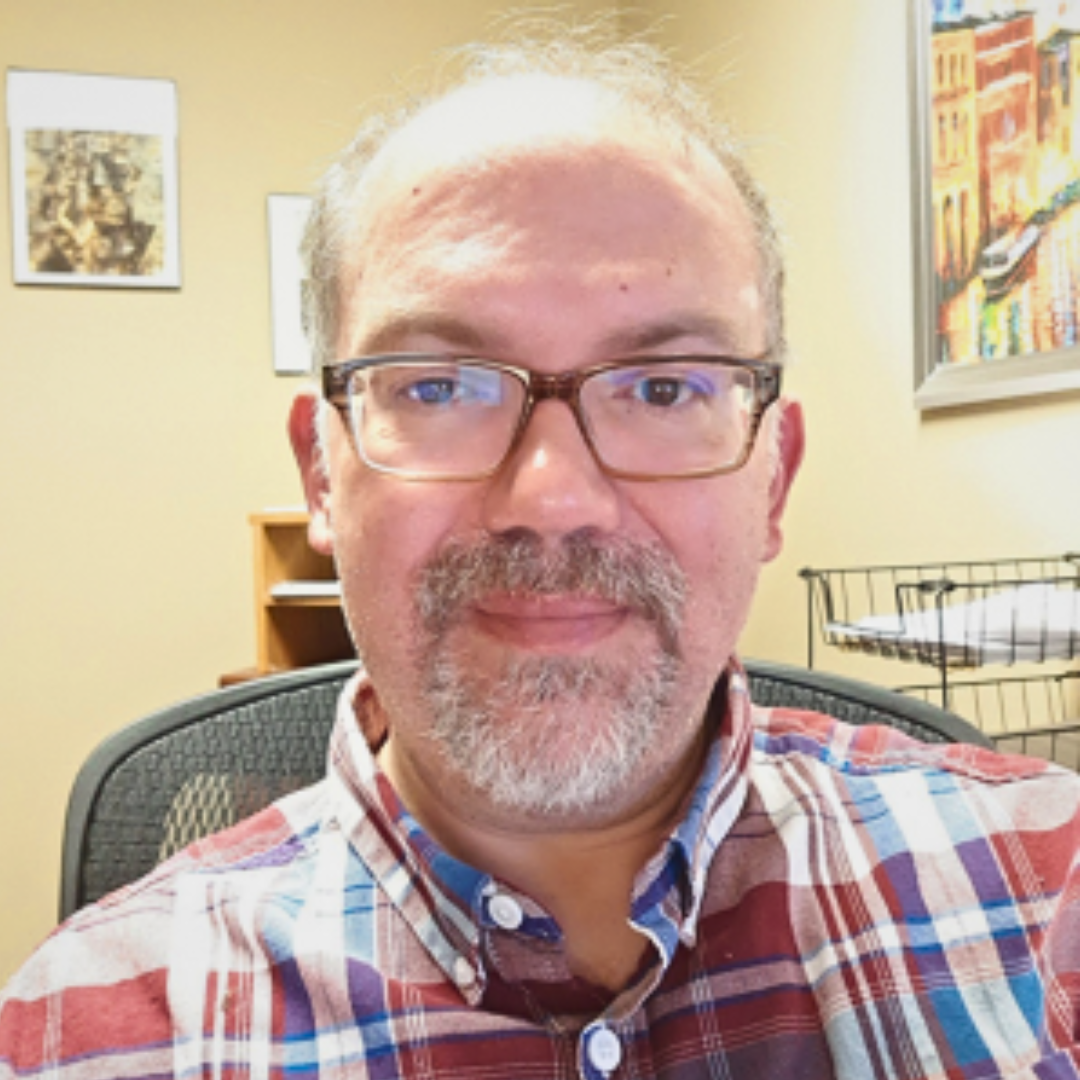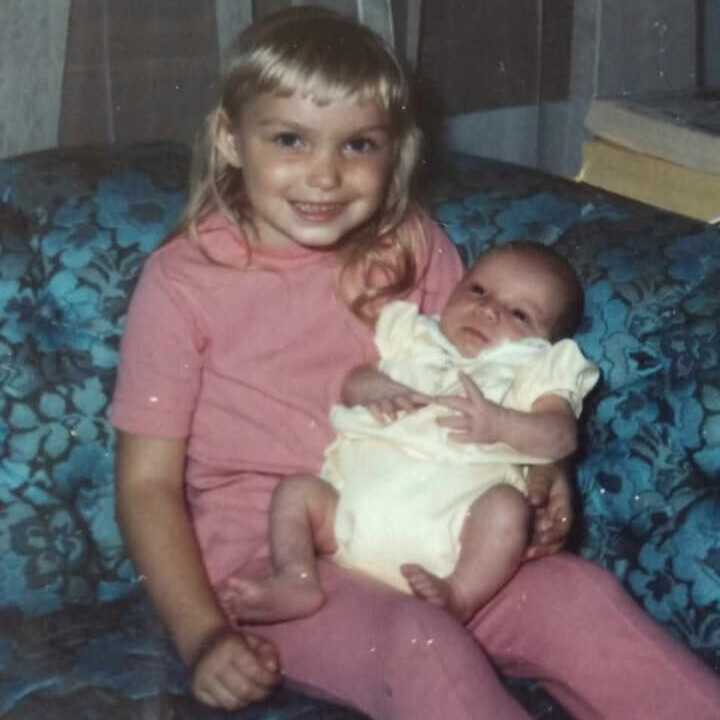I remember the day my son got his one-year vaccines. That night, he was babbling uncharacteristically, complete with hand motions. My wife and I were astonished, but we didn’t think much of it at the time. He continued to grow and flourish, and when he didn’t start talking at the appropriate age, we dismissed his struggles, having listened to several of our closest friends who said, “Oh, don’t worry about it. Boys usually start talking later.” It was only when he started losing the few words he had that we began to be concerned.

My son was diagnosed with autism at age three. It was devastating, of course, but it wasn’t long before we moved on from grief to anger and began looking for someone or something to blame. I began researching the condition and soon found myself falling down the anti-vax conspiracy rabbit hole.
It seemed to make so much sense at the time, and soon I was devouring every bit of information I could find about it, whether it was Robert F. Kennedy Jr., David Kirby, or even Alex Jones. There was an air of legitimacy about the movement, or so I thought. I mean, it’s a Kennedy, or a New York Times journalist, or whoever, so there had to be some truth to it, I remember thinking.
Most of my research focused on the profits big pharma was making. Did you know it would only cost seven cents per dose to deliver vaccines in single-dose vials, which would mean they wouldn’t have to put preservatives in them? I remember reading. I was already on the left politically, so it didn’t take much convincing to get me to agree with that statement. I had found my scapegoat. I was going to blame the pharmaceutical industry.
Leaving the Anti-Vaccine Movement Behind
As my son grew older, I became less fervent about the anti-vax movement. There were choir concerts and Special Olympics events and all kinds of reasons to be proud of him instead of trying to figure out why he was different.
I also knew that childhood vaccines had been reformulated without thimerosal, so part of me thought, “Well, the incidence of autism should be coming down soon, so at least there’s that.” Except it didn’t. It kept going up. Soon I realized that my sense of loss for my son had made me susceptible to the half-truths and outright falsehoods of a conspiracy theory.
I feel like I learned some serious lessons through my experience with the anti-vax movement. I had allowed my own need to affix a cause to my son’s neurodiversity to make me susceptible to misinformation. It took a while, but I realized I was wrong.
I still think the pharmaceutical industry’s profit margins are obscene, but that doesn’t mean their products are inherently harmful. My son got all of his vaccines, and I’m happy to report that he’s doing well. I’m thankful that I’ve come around, and I hope my experience will help someone else do the same.
Clint Johnson is a caretaker, musician, and Trekkie. He lives in Wisconsin with his wife and 23-year-old son. His story, like all others on this blog, was a voluntary submission. If you want to help make a difference, submit your own post by emailing us through our contact form. We depend on real people like you sharing experience to protect others from misinformation.



